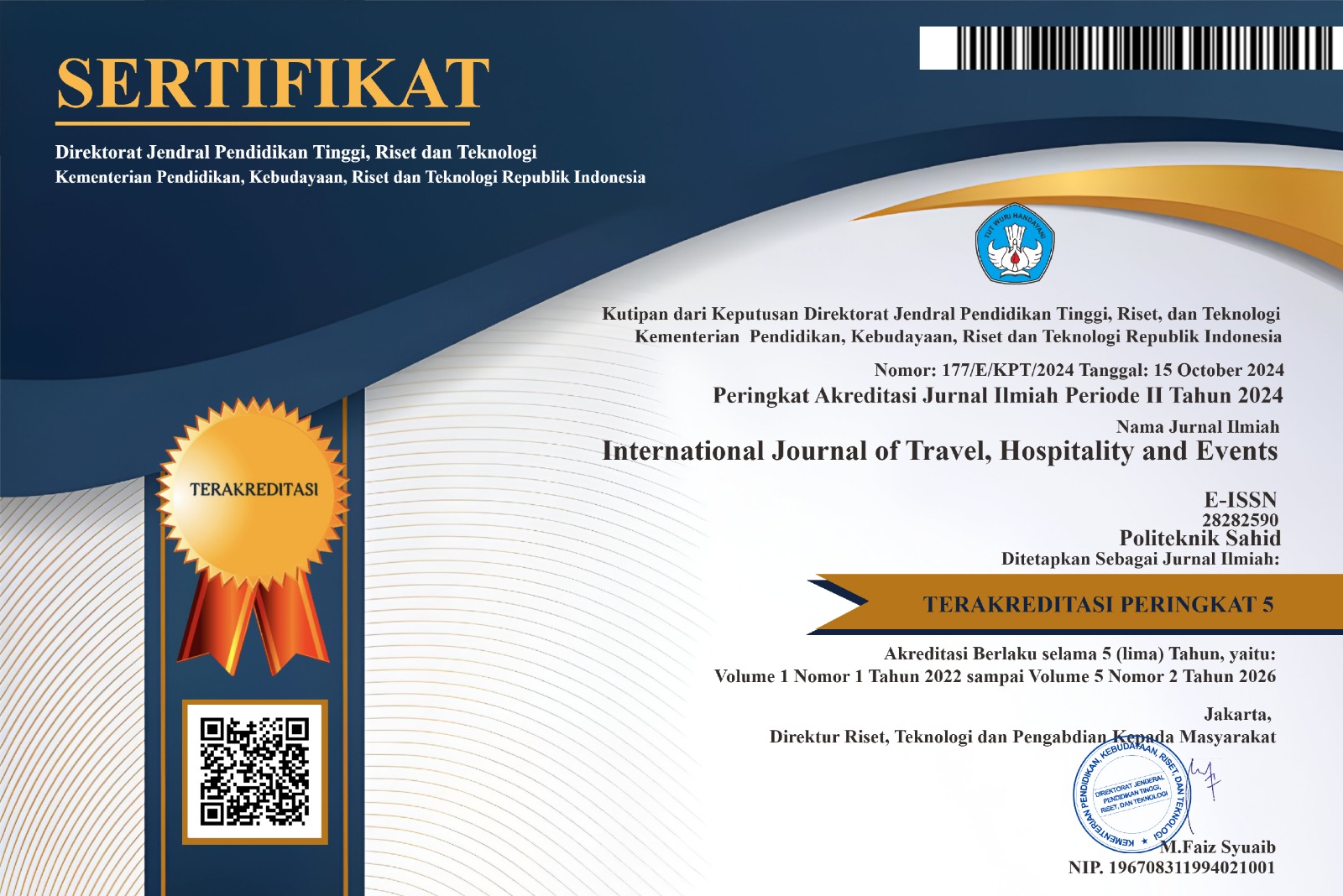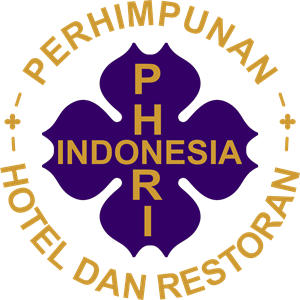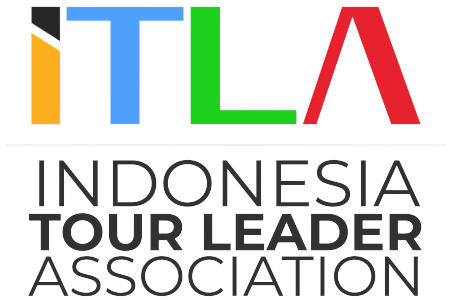Evaluation of Tour Guide Communication in Providing Guiding to Foreigners as Tourists
DOI:
https://doi.org/10.56743/ijothe.v1i3.169Keywords:
evaluation, tour guide, communicationAbstract
Purpose: This research has some purposes in communication for Tour Guide. Tour guide are defined as someone who leads tour groups organized for a brief period and a long period of time. The duty of tour guide is building an effective communication with tourists using many different languages. Tour guide is someone who will accompany tourist, inform, and advice someone / a group of travelers who was travelling tours for getting information about tourist attractions to be visited.
Research methods: The methods used in this research is qualitative research. Researcher chooses stages of research starting from composing the research phase, choosing the field, take care of entreaty research, choosing and using information, and preparing supplies for research.
Results and discussion: A tour guide should have the capacity to deal with a problem on assignments wisely and using a persuasive approach to visitors to communicate with tourists using simple language simple and combine some languages that foreign tourists easily understood all information. A tour guide can combine the language used while presenting clear information. Such as beginning partially uses Indonesian and then in giving tourism education could use a foreign language. A tour guide can provide information using simple language and provide feedback to in communications so that in communication can be understood and even smoothly without obstacles.
Implication: Tourist seekers in Asia can get recommendation for quality tour guide from Pandu Asia.
Keywords: evaluation, tour guide, communication.
Downloads
Published
How to Cite
Issue
Section
Categories
License
Copyright (c) 2022 Nuryadina Augus Rini, Luthfi Azizah Firdaus

This work is licensed under a Creative Commons Attribution 4.0 International License.


























